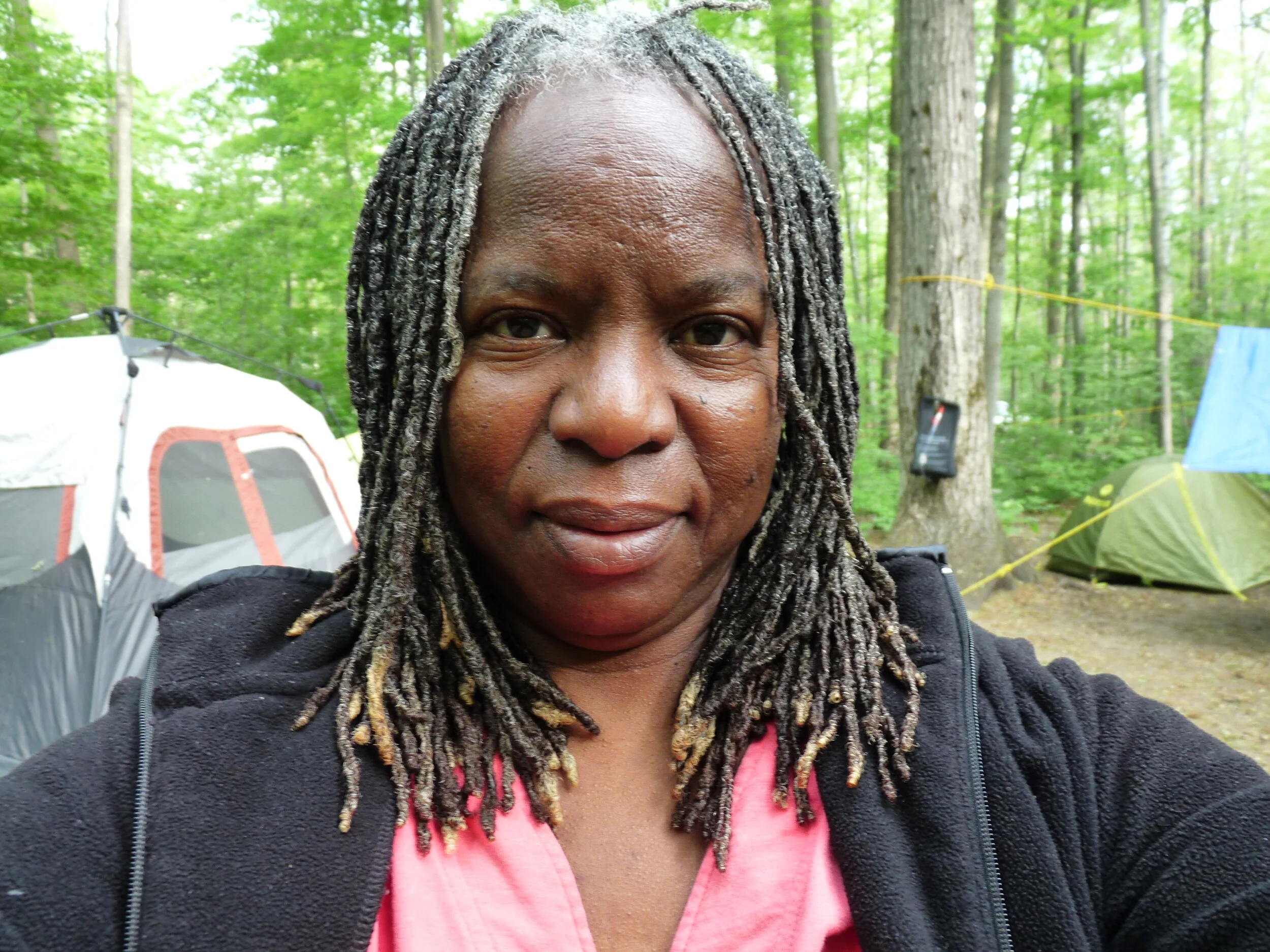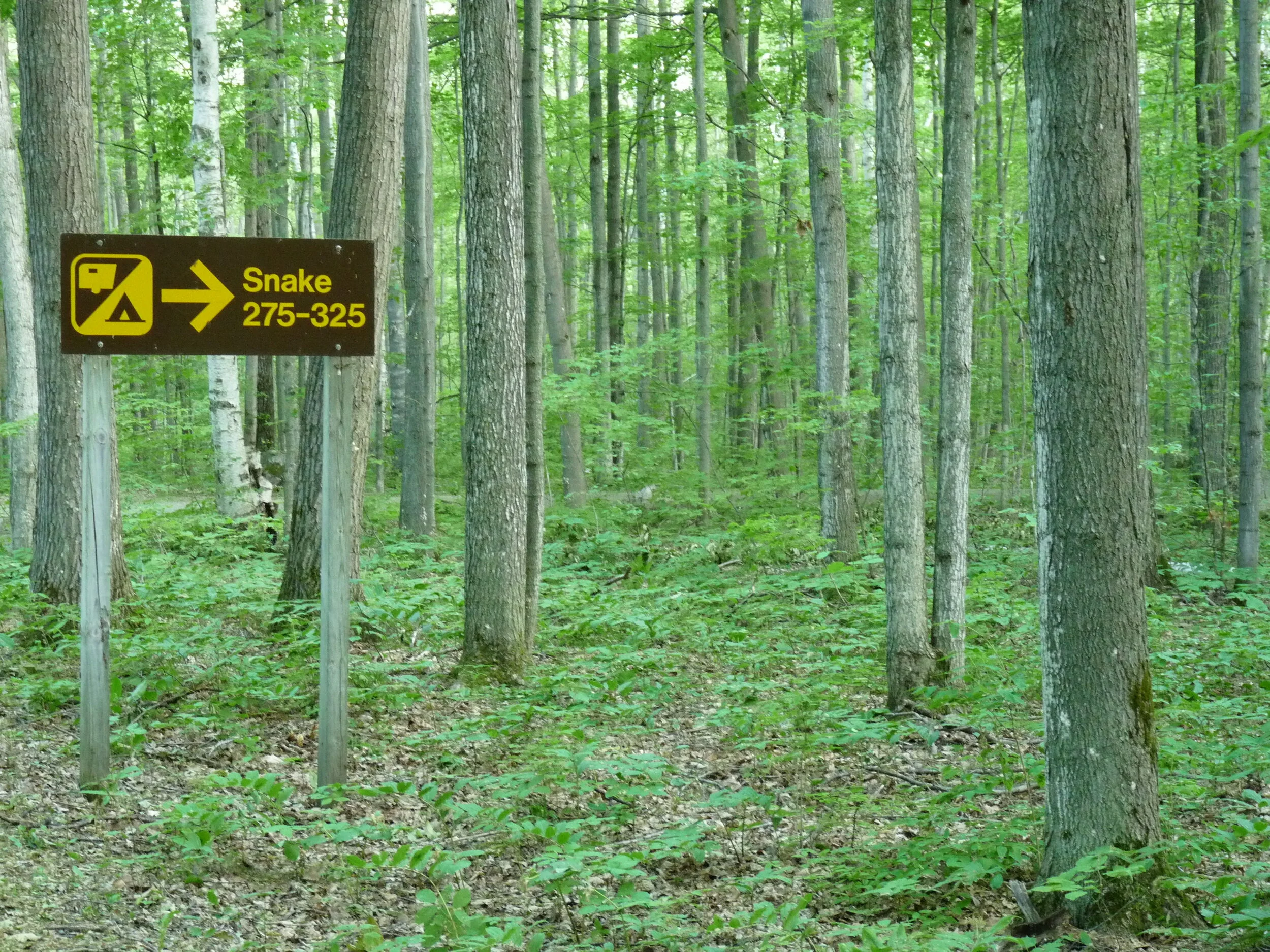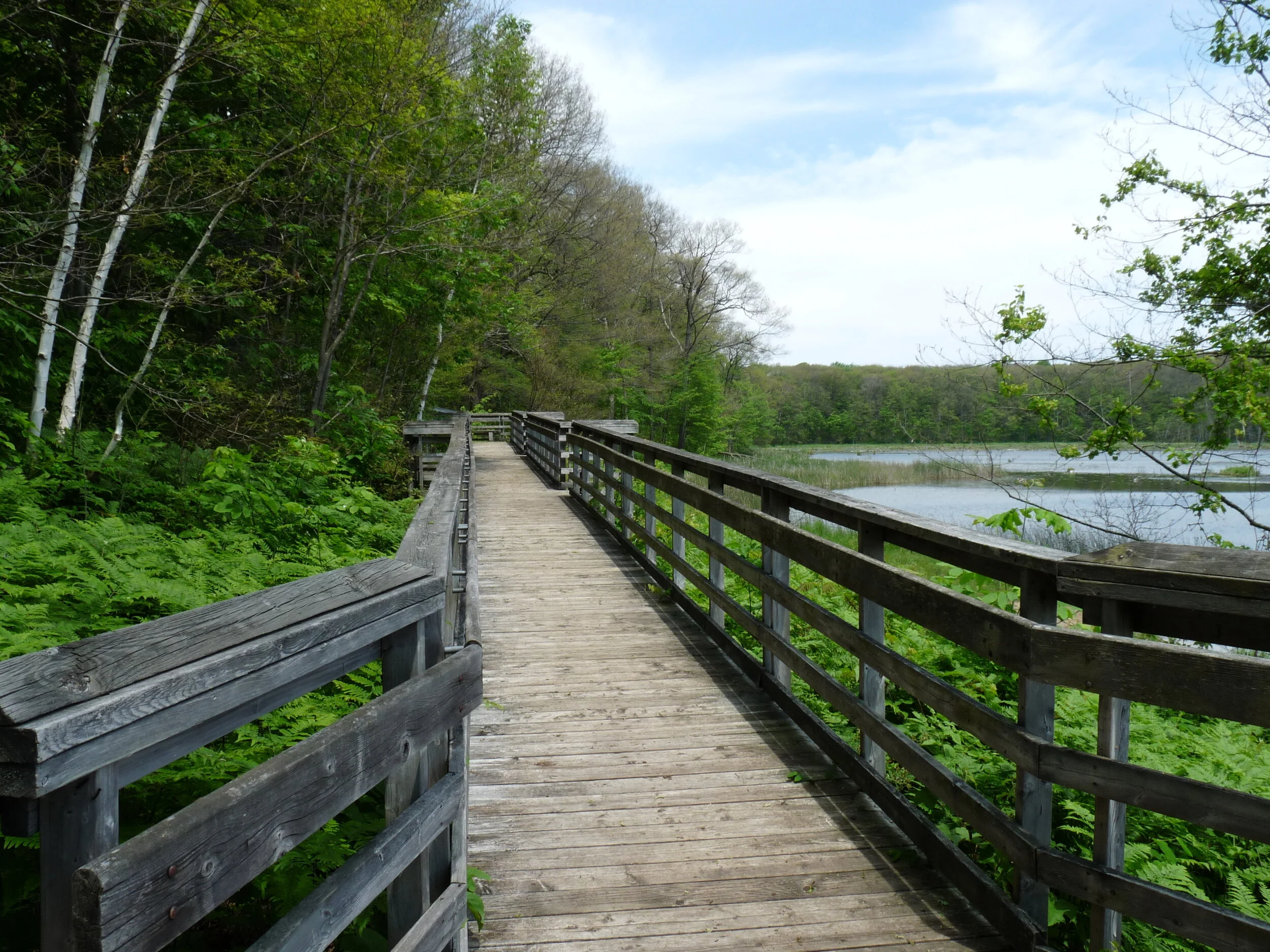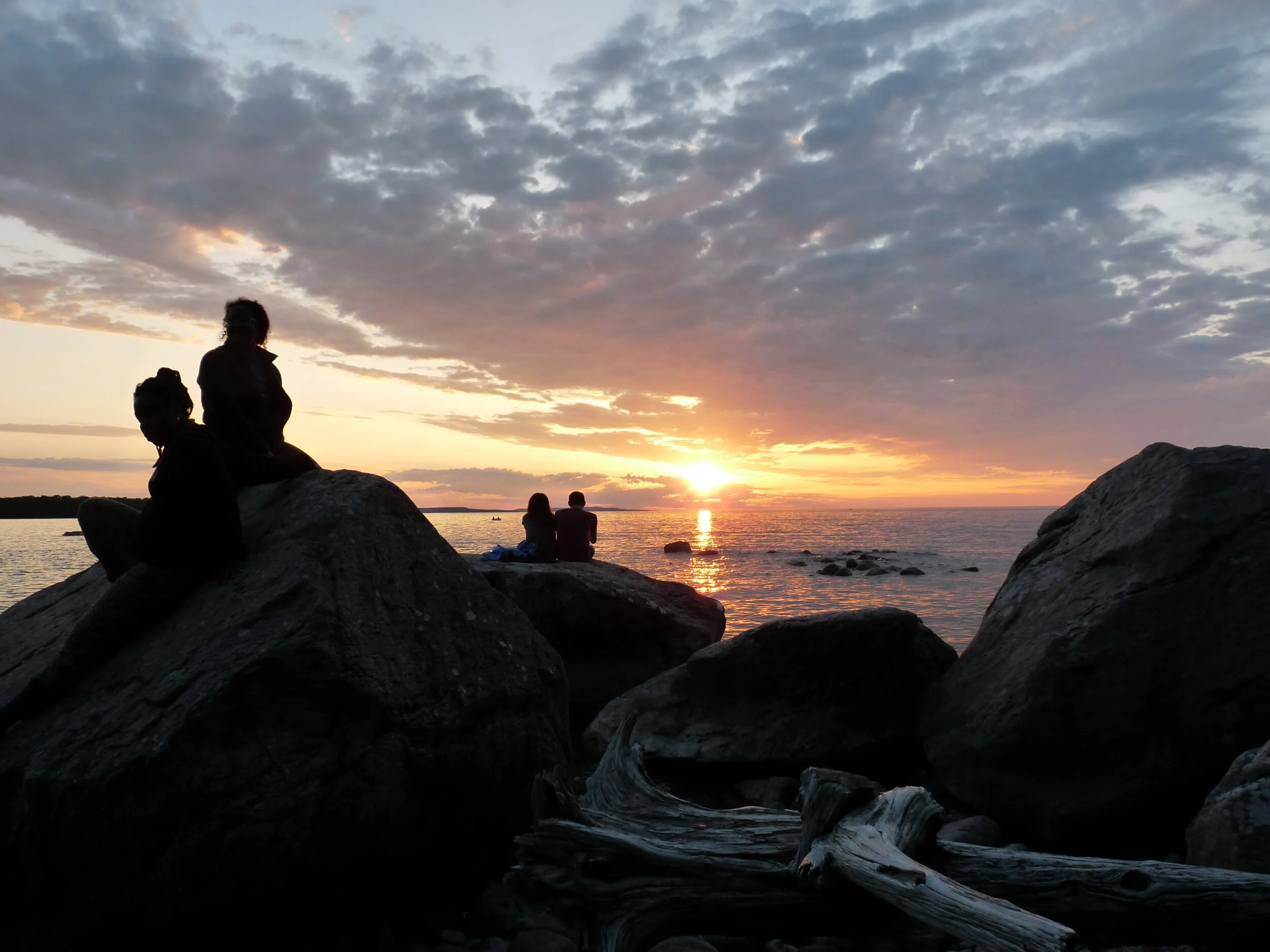Camping Faces New Challenges
By Jacqueline L. Scott, Safina Center Fellow
Photo of the author. ©Jacqueline L. Scott
The demand for camping has exploded—it’s one outcome of being forced to stay inside for months due to the coronavirus pandemic. Campsites are fully booked. Those in national parks have to find new ways to manage the crowds while still protecting the wilderness.
We went camping for the weekend to celebrate the end of the lockdown and getting our covid vaccinations. Arriving on Friday evening, there was just enough daylight left to find our campsite on Snake, pitch our tents, and roll out the sleeping bags. Then we sat around the campfire, star-gazing, story-telling, and belly-laughing.
Photo: ©Jacqueline L. Scott
Saturday morning, I strolled around the campground to see who else was around. It was Black, Muslim, Chinese, white and South Asian families getting breakfast ready. It was a pleasing surprise. Prior to covid, the diversity in camping was as rare as a gentle policeman.
My PhD research is on the perception of the wilderness in the Black imagination. It’s part of a larger project on how race shapes outdoor recreation and the broader environmentalism fields. Participating in outdoor recreation is a key pathway leading to conservation and ecology.
After our own languid breakfast, we went to the beach for a long day of lollygagging by the blue-green waters. Sit in the sun, watch the waves and people play. Swim, my dreadlocks floating in the cool lake. Repeat.
Nature is free for all to enjoy, but access to nature is not. Racialization is the key driver in our society, and it extends to who is expected to be in nature or absent from it. Black people are supposed to prefer recreation in the city; they are seen as a surprise, as intruders, and out of place in green spaces. It is for these reasons that Black people have a complicated relationship to nature. And to outdoor recreational activities such as camping—as the after-life of slavery haunts and follows here too.
However, the pandemic has shifted the narrative on the links between race, place and nature. It has encouraged more Black and people of colour to try outdoor recreation, and to visit national parks and conservation areas. These groups are using social media to find each other, to share tips, and safety tricks on having fun in the wilderness.
Fine dining was one of the pleasures of camping with my three friends. Appetizers was fresh and juicy sweet mangoes. Over the campfire we roasted breadfruit and fried plantain. These were served with sautéed salt-fish, onions and sweet peppers. Dessert was simple: lungs full of fresh air, relaxed muscles and rejuvenated spirits.
Sunday morning was time to break camp. Before we could emerge from the tents, the first task was to shake them to remove the scores of gypsy moth caterpillars. An outbreak of this invasive species had infested the park. What we first thought was gently rain falling on the tents, a lullaby to sleep, was the sound of caterpillars munching on leaves. Throughout the park we noted the hundreds of trees stripped bare of their leaves. Campers will remember the fun as well as the downpour of gypsy moth caterpillars. Seeing the devastation caused by the moths may trigger questions on what to do about it, and how to protect the forest.
We had time for a quick hike around a kettle lake, following the Wendat Trail which is named after the Indigenous nation on whose land the park stands. There was no time to canoe around the lake, but there was time to stroll along the boardwalk, imbibe a triple shot of the lake’s beauty and to watch the birds.
Photo: ©Jacqueline L. Scott
On this weekend camping trip, just over half of the campers were from diverse backgrounds. This was at odds with the park staff—all were white. The lack of diversity among park staff sends the message that national parks are white spaces, where the expected campers are white. Representation matters. National parks must do more to create access and make Black people welcome in nature. A first step is hiring, supporting and promoting Black people on staff.
The pandemic has shown that humans are part of nature and that we need it in order to thrive. Nature needs us to—to conserve and protect it. Nature had worked its healing magic on our weekend camping trip. Relaxed and refreshed we headed back to the city. And to plan our next wilderness outing. Each trip is fun. It is closing the racial adventure gap in outdoor recreation, and rekindling the Black relationship to nature.
Photo: Jacqueline L. Scott




